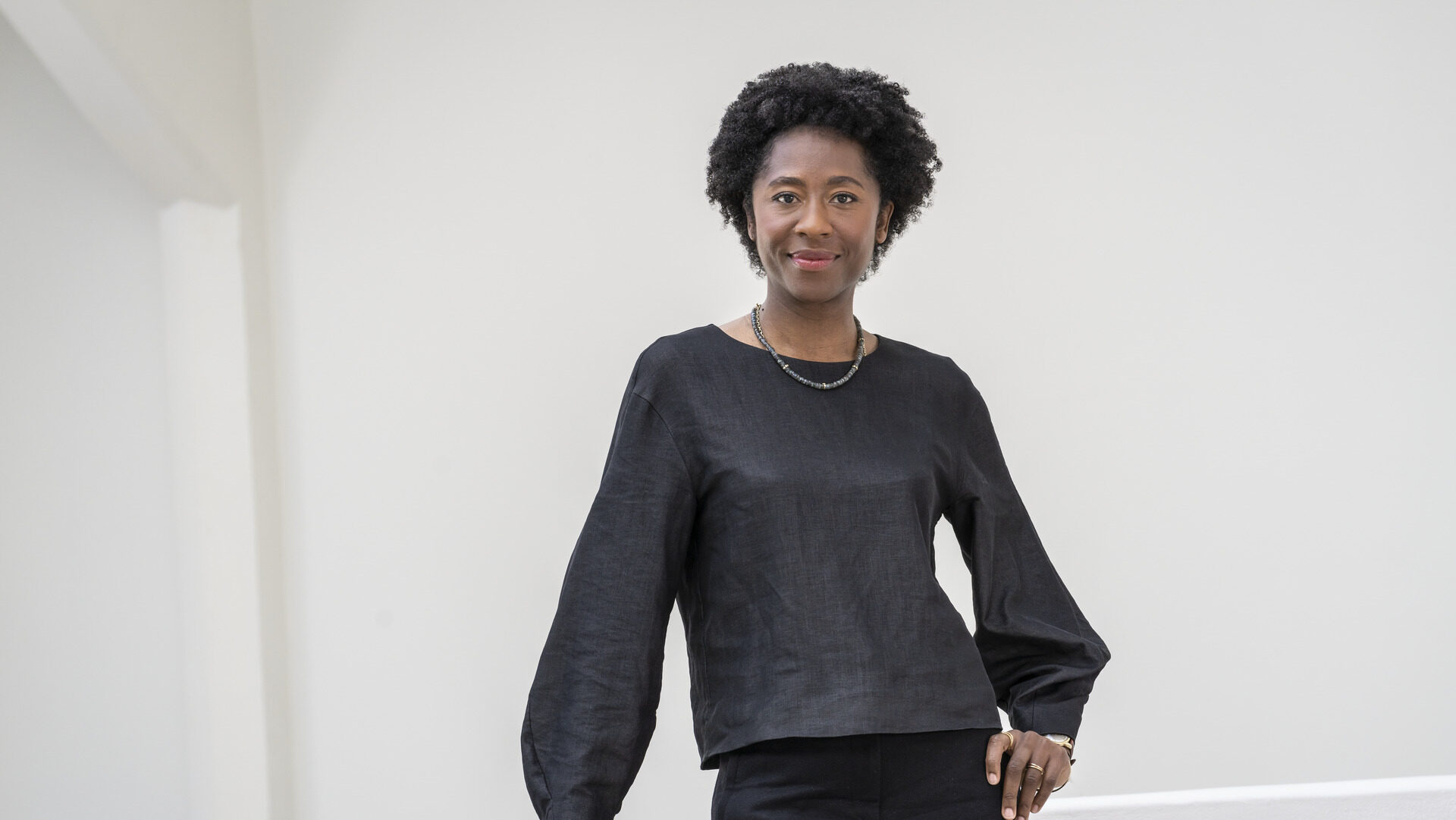Art is just about appearances, right? That’s just common sense. That might have been the truth in the past; it’s not anymore. People today expect art to say something (just as people inevitably expect ArtReview to say something about art that’s saying something). And to say something about more than aesthetic matters. To speak to issues like social or environmental justice; about how bombing people into oblivion is wrong; about inclusion, about diversity.
‘At the same time, we live in an age when saying something might get a person defunded, deplatformed or, more generally, cancelled,’ writes Mark Rappolt in a new essay on the debilitated state of debate in the artworld in 2024. Especially when that ‘something’ relates to Israel. Take the case of Ranjit Hoskoté and the entire Documenta search panel previously tasked with finding the German art-jamboree’s next artistic director, who collectively resigned at the end of 2023 following public criticism of Hoskoté for signing an open letter relating to the Boycott, Divestment, Sanctions movement. The outgoing committee wrote: ‘If art is to take account of the complex cultural, political and social realities of our present day, it needs appropriate conditions that allow for its diverse perspectives, perceptions and discourses.’
Do such conditions exist in Germany right now? Today, Naomi Beckwith was announced as the artistic director of Documenta 16. Selected by a revamped organising committee, Beckwith will know exactly the task she faces. She’ll have watched her predecessor ruangrupa almost crash the car (and not necessarily by accident) in 2022. She’ll have watched the German Bundestag pass a resolution last month that effectively makes public grants for culture projects dependent on adherence to the International Holocaust Remembrance Alliance’s working definition of antisemitism – in essence, silencing, or attempting to silence, any criticism of Israel, in Germany and for Germans abroad. She’ll have watched the very public debate between artist Nan Goldin and Neue Nationalgalerie director Klaus Biesenbach, about who has the right to say what about what and in what context, at the opening of her retrospective at the Neue Nationalgalerie in November. Where the institution, as Rappolt points out, seemed intent on distinguishing between Goldin’s views (on the genocide in Gaza and the bombing of Lebanon) and her art, Goldin insisted they could not.
And she’ll be watching as Germany goes to the polls in 2025 after the traffic-light coalition’s implosion, just in time to boost an AfD buoyant from its latest triumph in European elections. If conditions allowing for ‘diverse perspectives, perceptions and discourses’ were untenable in 2024, nothing indicates to ArtReview that Beckwith will be any closer to getting them in 2027.
This is an extract from the ArtReview Newsletter, first published on 18 December 2024. Sign up here.
